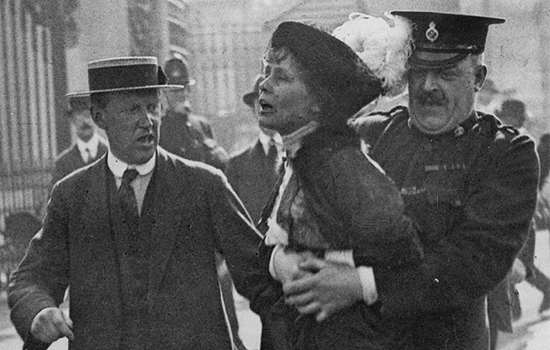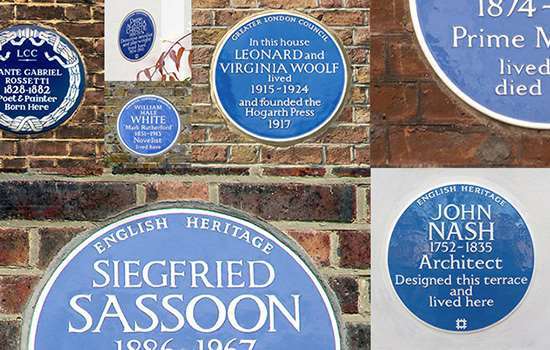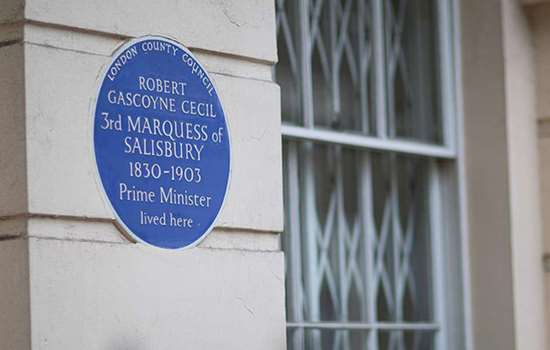FLYING BOMB
Plaque erected in 1988 by English Heritage at Railway Bridge, Grove Road, Mile End, London, E3, London Borough of Tower Hamlets
All images © English Heritage
Category
Historical Sites
Inscription
THE FIRST FLYING BOMB ON LONDON FELL HERE 13 JUNE 1944
Material
Ceramic
Notes
Replaces the plaque erected by the GLC in 1985 and subsequently stolen.
In Grove Road, Mile End, there is a plaque on the north face of a railway bridge commemorating the first flying bomb to fall on London. It hit this site on 13 June 1944, a week after D–Day.
THE FLYING BOMB
The V1 flying bomb seriously damaged houses in Antill Road, Burnside Street and Bellraven Street, and destroyed the train line from Liverpool Street to Stratford. It killed 6 people and injured 42. A local recalled, ‘After it went off we were all sworn to secrecy but the news got out soon enough’. Remarkably, railway traffic was restored within 40 hours on a temporary bridge that served until 1948.
The arrival of the V1 – also known as the doodlebug or buzz bomb – marked a significant and sinister new phase of the war for the people of London. The jet-powered bombs were launched either from aircraft or from the ground in France and Holland. Londoners quickly learned to run for cover at the moment when the motor cut out.
Allied troops overran the main launching sites in France before the end of summer 1944, but by then over 2,000 V1s had reached London. The area most affected was Croydon, where more than 1,000 houses were destroyed.
THE BLUE PLAQUE
An enamelled steel plaque was put up in Grove Road by the Greater London Council in 1985 following a proposal from Joseph V Waters, a lifelong East Ender, one of whose brothers had been injured by the bomb. The plaque was unveiled on 13 June, 41 years after the bomb fell. Stolen in 1987, it was replaced with an English Heritage ceramic blue plaque the following year.


